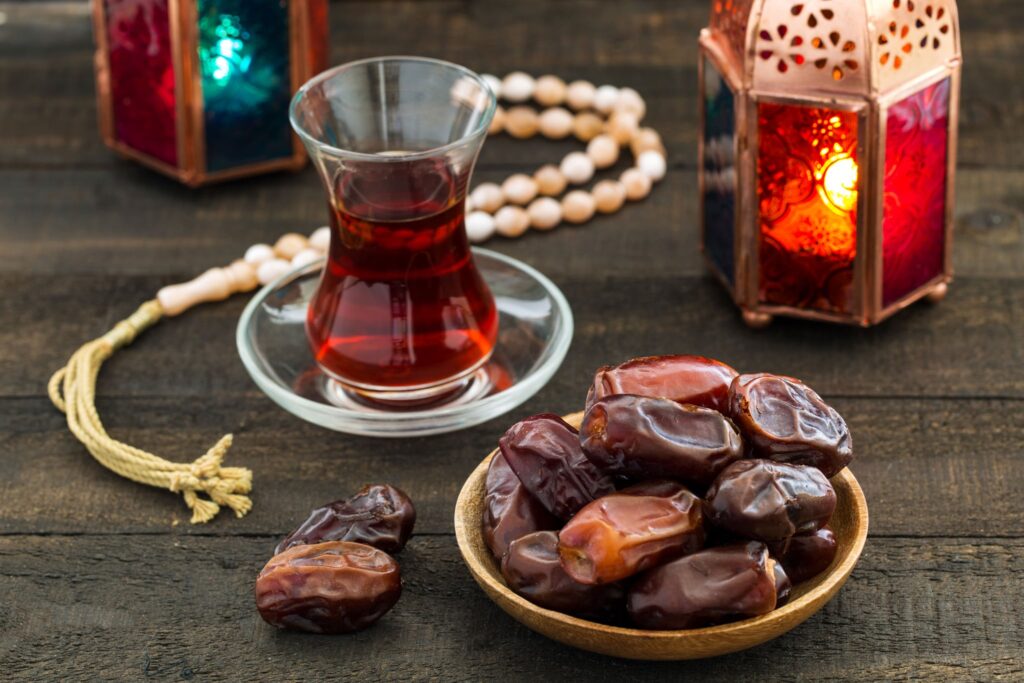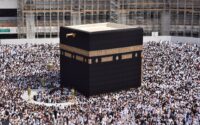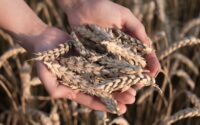08 Apr 2021

Some Facts & Traditions about the Holy Month of Ramadan

The Holy Month of Ramadan is much more than a fasting period: it is a holy month rooted in culture, faith and history. Across the globe, Muslims mark this time with spiritual celebrations that are particular to their region and passed on through generations. Ramadan fast is one of the most important beliefs of Islam because Fasting is the fourth pillar of Islam. During Ramadan, adult Muslims fast from dusk until dawn, unless they are ill, pregnant, or diabetic, breastfeeding, or traveling.

Facts of Ramadan
Below mentioned are some facts about the Holy Month of Ramadan:
- Muslims all over the world regardless of nationality, ethnicity, race or color, fast in the Holy Month of Ramadan. They are not permitted to eat or drink as soon as the sun rises until dusk throughout the Holy Month. They are also supposed to stay away from impurities and other pleasures.
- It is believed that first revelation was received by Prophet Muhammad (SAW) in the Holy Month of Ramadan.
- The actual beginning of Ramadan is determined by the sighting of the new moon.
- The beginning of Ramadan can move as many as 11 or 12 days each year. There is no day from which we can conclude that Ramadan will start from that day in this year it is changing every year.
- Muslims are encouraged to eat a meal before dawn, and then break the fast immediately after sunset. During this time, they are not allowed to eat or drink, also abstain from sexual intercourse, using naughty language and all other sinful acts.
- Ramadan is the month of fasting. Fasting is one of the Five Pillars of Islam.
- Eating dates is a popular way to break the fast. It is said that Prophet Muhammad (SAW) used dates to break His fast.
- During Ramadan, Muslims are obligated to give to charity through Sadaqah, or Zakat. During Ramadan, the rewards of charity are considered greater.
- Children are not obligated to fast during Ramadan, not until they have reached puberty.
- The meal before the beginning of the fast is called suhoor, and the meal after sunset is called iftar.
- It is the generally believed that the first verses of the Holy Book Quran were revealed by Allah Almighty during the month of Ramadan.
- Muslims are encouraged to read Quran in Ramadan.
- Individuals are encouraged to break their fast due to illness, breastfeeding, or any other medical condition.
- In some countries, it is considered the crime to ignore the Ramadan and breaking the fast.
- At the end of Ramadan, there is a large festival called Eid-ul- Fitr to celebrate the end of the fast. Eid–ul- Fitr is celebrated by wearing one’s best clothes, visiting Mosque for Eid prayer and giving gifts. Muslims celebrate with family and friends, prepare large meals and donate charity so that poor person can also celebrate. Eid-ul-Fitr is also considered a time of reverence. Muslims praise Allah (SWT) for helping them gets through the month and asks for forgiveness for the sins they have committed.




